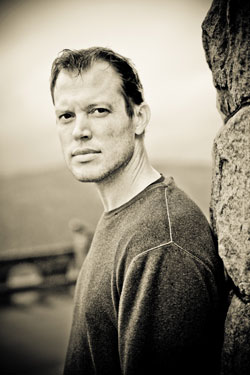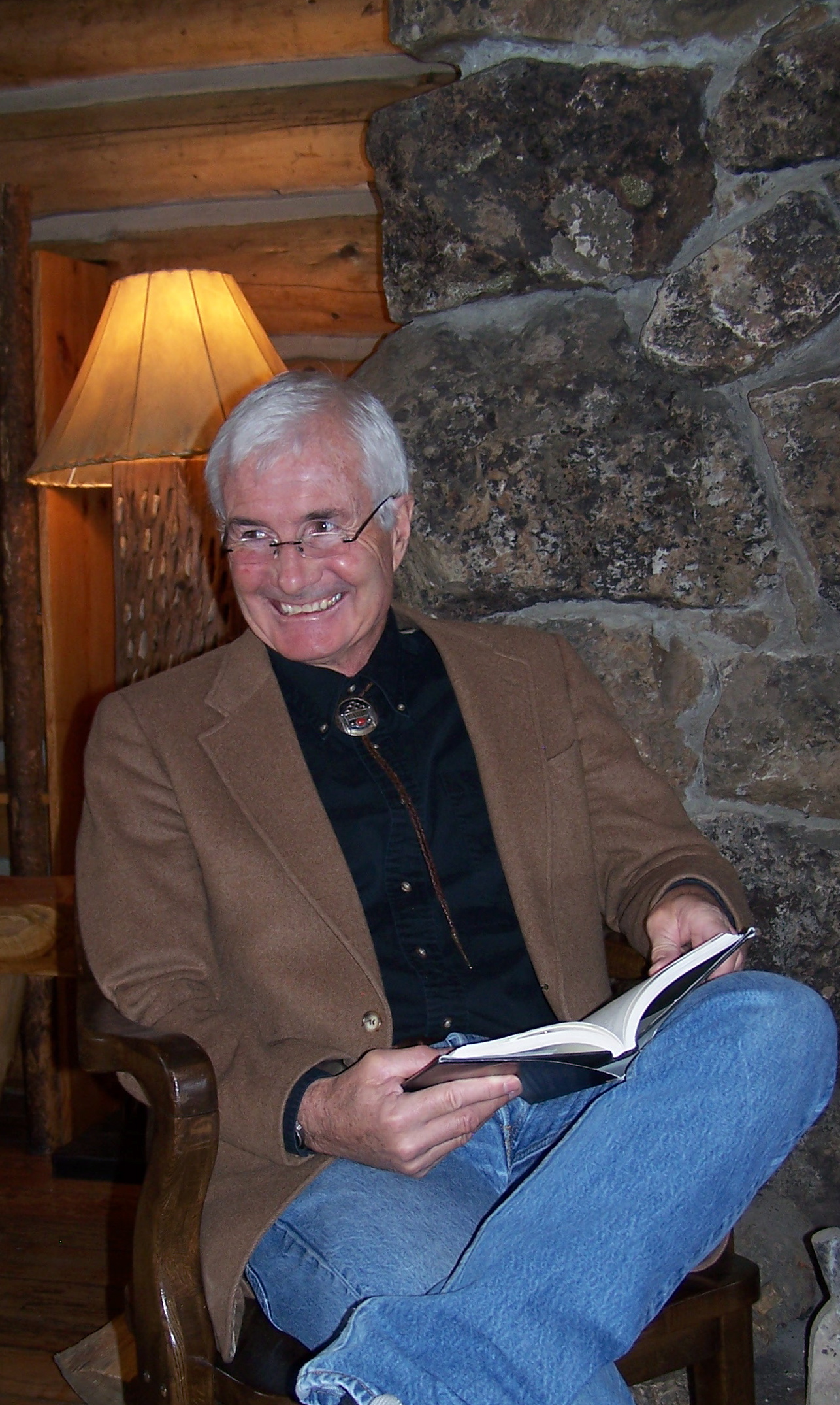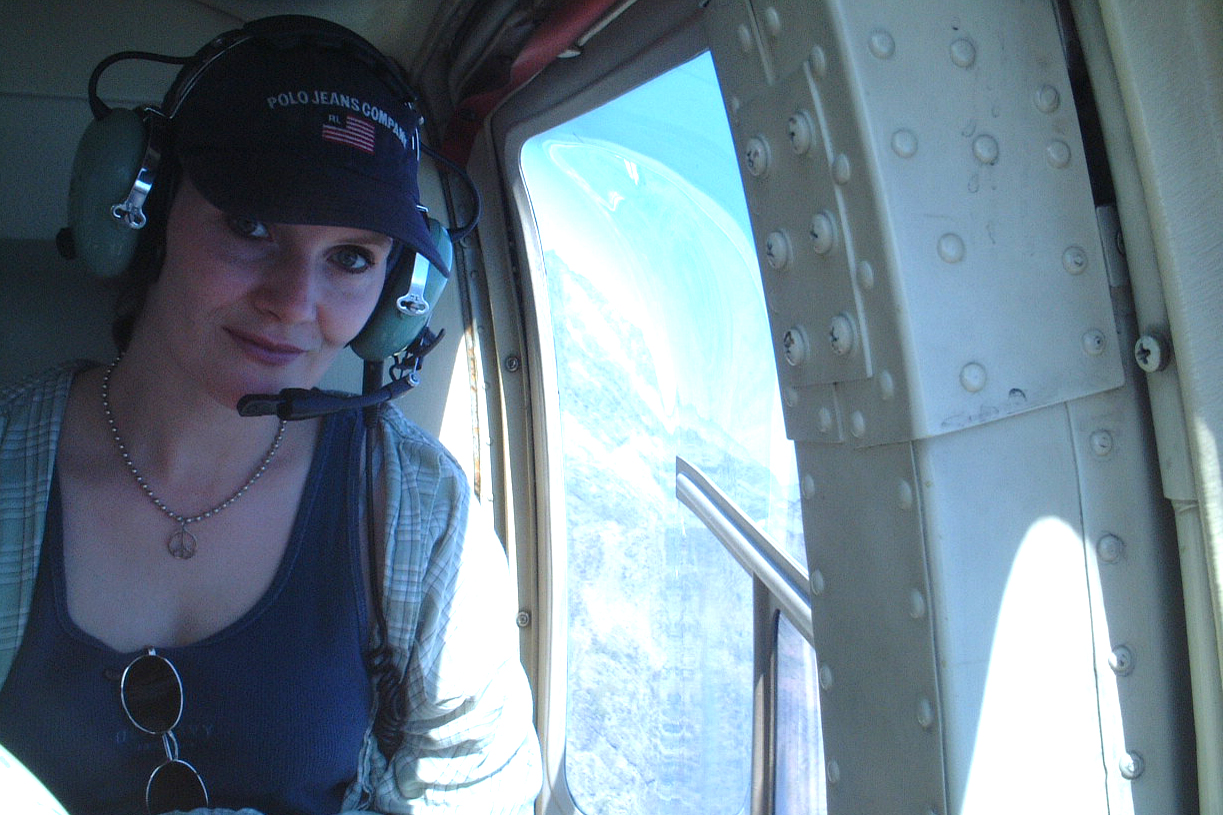
The two most frequent travel related questions I receive are “how do I setup my money” and “what do I do for health insurance?” I previously answered the 1st question and today, I’ll address the 2nd.
While on the road, World Nomads is hands down is the health insurance of choice.
World Nomads is essentially emergency-only health insurance. For United States residents, your co-payment is $100. This means if you’re going in for something routine, you’re going to pay for it. But if it’s something catastrophic, you’re covered.
Other reasons why I like World Nomads:
- Covers you while participating in all kinds of crazy activities – surfing, scuba diving, bungee jumping, skydiving, snowboarding, etc…
- Travel insurance is thrown in for free if your things are lost or stolen.
- Available to residents around the world (not just US residents!).
- Easy sign-up process and easy to extend while traveling.
Some things to be aware of before purchasing:
- Unlike traditional health insurance, if there’s an accident, you pay fully out of pocket first, then file a claim to be reimbursed.
- While they cover you if your things are lost or stolen, only $500 of electronics are covered. If your new Macbook Air is stolen, you’re not going to be reimbursed for its full value. If you travel with expensive jewelry or electronics, you should consider purchasing additional traveler’s insurance.
- If you’re a United States resident and purchase domestic health insurance, you’re not covered if you’re within 100 miles of your permanent residence.
- Lastly, make sure to read all of the fine print of your policy so you understand exactly what you’re getting. It’s surprisingly easy to read.
Check out their website, WorldNomads.com for more information and if you have any questions or opinions on World Nomads, leave a comment, I’d love to hear them.
Jason Demant is the founder of UnAnchor.com, where you can find detailed do-it-yourself travel itineraries for your next trip. For the latest on travel-writing you can follow him on Twitter @UnAnchor, or join the I Love Travel Writing Facebook group.
Full Disclosure: All links to World Nomads are affiliate links and by using them you support my travel habit. You’re awesome!
Photo Credit: Laura4Smith




 The headline is a quote from Gretchen Little in her
The headline is a quote from Gretchen Little in her 